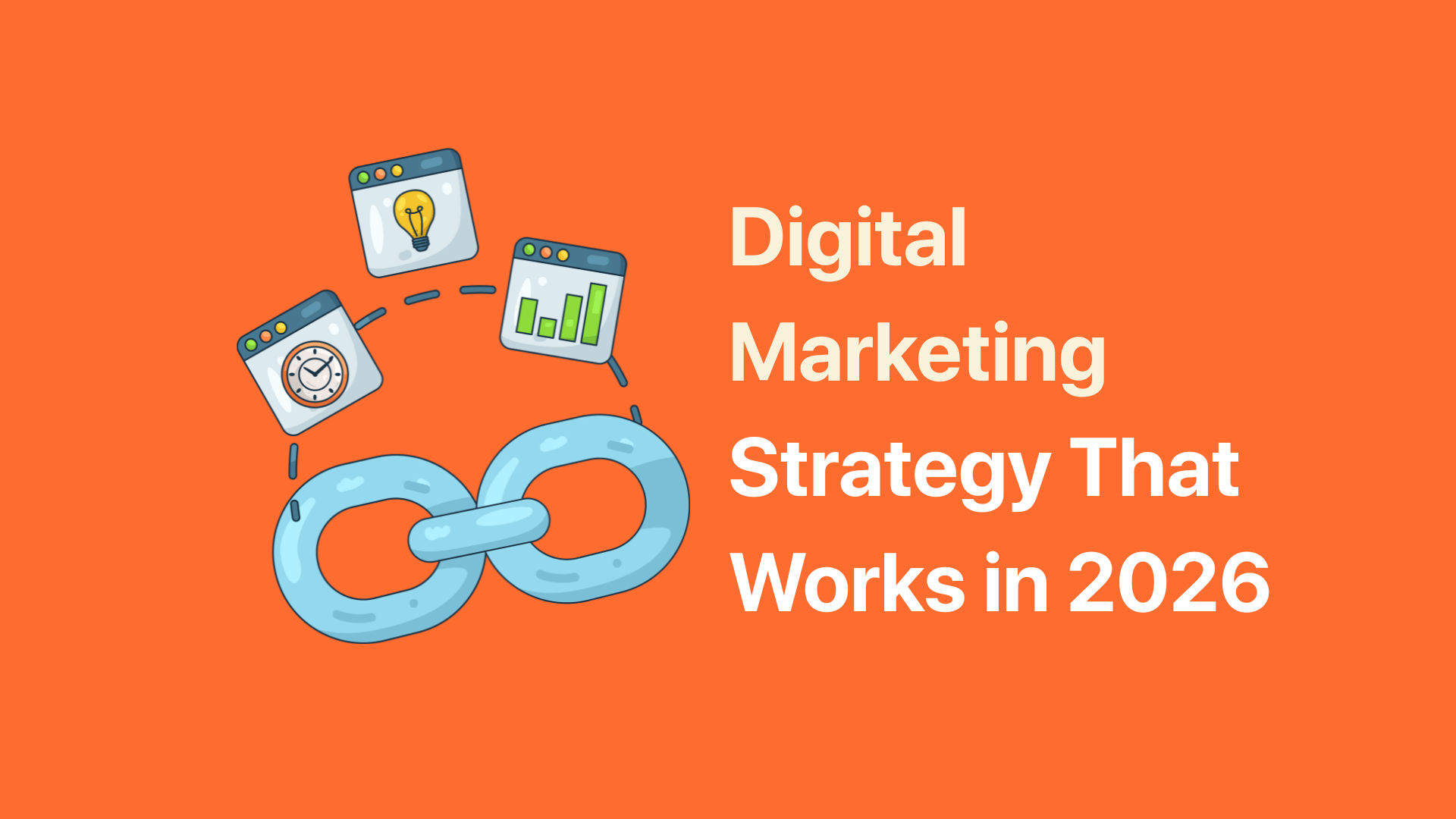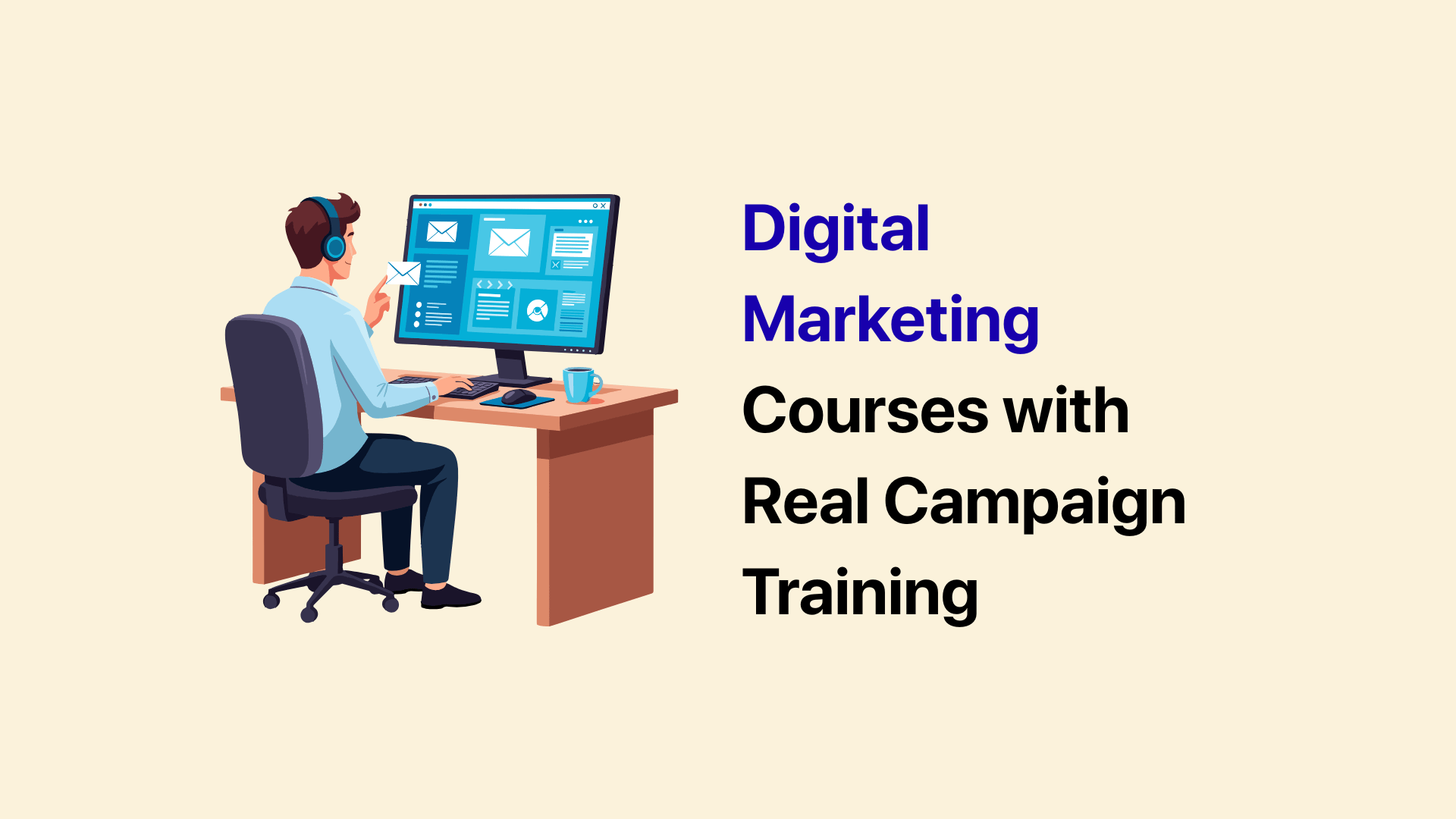Key Shopify Marketing Strategies for 2025 Success
The landscape of e-commerce is rapidly evolving, and Shopify remains a leading platform for online retailers. To stand out in this competitive market, it's crucial to implement effective marketing strategies tailored to the latest trends and technologies.
A Shopify SEO agency can play a pivotal role in enhancing your store’s visibility and driving organic traffic. From leveraging Shopify’s built-in SEO tools to optimizing mobile experiences and investing in both paid and social commerce, each tactic plays a critical role in achieving success.
By understanding and applying these essential marketing tips, you can position your Shopify store for growth and thrive in the dynamic e-commerce environment.
Leverage Shopify’s Built-in SEO Tools
Search engine optimization (SEO) remains one of the most powerful ways to drive organic traffic to your Shopify store. Shopify offers a variety of built-in SEO tools designed to help store owners improve their search engine rankings. Customizing title tags, meta descriptions, and image alt text can significantly boost visibility, making it easier for customers to find your products.
Optimizing URL structures and implementing proper keyword strategies are crucial for improving on-site SEO. By fully utilizing Shopify’s SEO features, you can enhance your store’s performance and stay competitive in an increasingly digital marketplace.
Utilize Email Marketing Campaigns
Email marketing will remain a powerful tool for Shopify store owners in 2025, especially for building customer loyalty and driving conversions. Shopify makes it easy to create and manage email campaigns through its built-in email marketing tools or by integrating third-party platforms like Mailchimp and Klaviyo.
Personalized emails, whether for abandoned cart recovery, product recommendations, or exclusive offers, help increase engagement and sales. Automated workflows allow you to nurture leads and maintain ongoing communication with customers, ensuring they stay connected to your brand. With strategic email marketing, you can maximize customer retention and cost-effectively drive repeat purchases.
Optimize Mobile Shopping Experience
As mobile commerce continues to dominate, ensuring your Shopify store is optimized for mobile users is essential. With more consumers shopping on their smartphones, a seamless mobile experience can significantly impact sales. This means choosing mobile-responsive themes, optimizing images and content for faster load times, and simplifying the checkout process. Partnering with a reliable Shopify development company can help implement these optimizations effectively, ensuring your store performs well across all devices.
Shopify offers various mobile-friendly design options and tools to help store owners create a smooth user experience. Enabling features like mobile wallets and one-click checkout can reduce cart abandonment rates, ensuring that customers can easily complete their purchases on any device.
Invest in Paid Advertising (Google & Social Media Ads)
Paid advertising remains a crucial component of a successful Shopify marketing strategy. Leveraging platforms like Google Ads and social media networks can significantly boost your store’s visibility and drive targeted traffic. Shopify seamlessly integrates with these advertising platforms, allowing for streamlined campaign management and tracking.
Effective use of Google Ads can help capture high-intent search traffic, while social media ads on platforms like Facebook, Instagram, and TikTok can reach a broader audience and engage potential customers through visually compelling ads. To maximize your ROI, focus on targeting options, optimize ad creatives, and continuously analyze performance data to refine your strategies and achieve better results.
Capitalize on Social Commerce
Social commerce is rapidly growing, making it essential for Shopify store owners to integrate their platforms with social media networks. Social media platforms like Instagram, Facebook, and TikTok are increasingly becoming shopping destinations where users can purchase products directly.
Shopify’s integration with these platforms allows you to create shoppable posts, set up storefronts, and run targeted ad campaigns. By leveraging these social commerce features, you can drive traffic directly from social media to your store, enhance brand visibility, and tap into new customer segments.
Create Personalized Shopping Experiences
Personalization is a key trend that can significantly enhance customer satisfaction and drive sales. Shopify provides various tools and apps to help you tailor the shopping experience based on individual customer preferences and behaviors. By analyzing customer data, you can offer personalized product recommendations, customized discounts, targeted marketing messages and tools like cross-sell and upsell app like Icart can further enhance these suggestions in real time.
Implementing features like dynamic product displays, personalized email content, and tailored promotions can make shoppers feel valued and increase their likelihood of returning to your store. Leveraging personalization not only boosts engagement and conversion rates but also fosters long-term customer loyalty by making each shopping experience unique and relevant.
Shopify users can also integrate multifunctional apps like Vitals to manage various marketing and optimization tasks from one place. Such tools simplify processes like product reviews, pop-ups, and analytics, helping maintain a consistent and efficient store experience.
Influencer and Affiliate Marketing Strategies
Influencer and affiliate marketing continue to be powerful strategies for expanding your Shopify store’s reach and driving sales. Partnering with influencers who align with your brand can help you tap into their established audiences and build credibility.
Shopify’s affiliate tools make it easy to set up and manage affiliate programs, allowing you to collaborate with bloggers, content creators, and other partners who can drive traffic and generate sales for your store. By offering commissions and incentives, you can motivate affiliates to promote your products effectively.
Track and Analyze Key Performance Metrics
Monitoring and analyzing key performance metrics is crucial for optimizing your Shopify marketing efforts. Utilizing Shopify’s built-in analytics tools, as well as integrating with platforms like Google Analytics, allows you to track important data such as traffic sources, conversion rates, and customer behavior.
Understanding these metrics helps you assess the effectiveness of your marketing strategies, identify trends, and make data-driven decisions to improve your store’s performance.
Regularly reviewing your analytics can reveal insights into which campaigns are working, where adjustments are needed, and how to better allocate your marketing budget for maximum impact. By staying informed and proactive, you can continually refine your approach and drive sustained growth for your Shopify store.
Conclusion
Adapting to the latest marketing trends and tools is essential for Shopify store owners aiming for success in 2025. By leveraging Shopify’s built-in SEO tools, optimizing mobile experiences, and investing in both paid and social commerce strategies, you can enhance visibility and drive traffic.
Regularly tracking and analyzing performance metrics allows you to refine your strategies and achieve better results. Embracing these essential marketing tips will help you stay ahead of the competition and thrive in the evolving e-commerce landscape.










